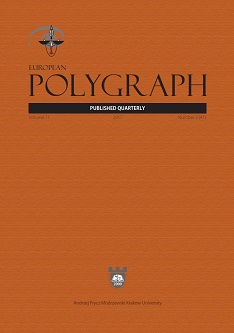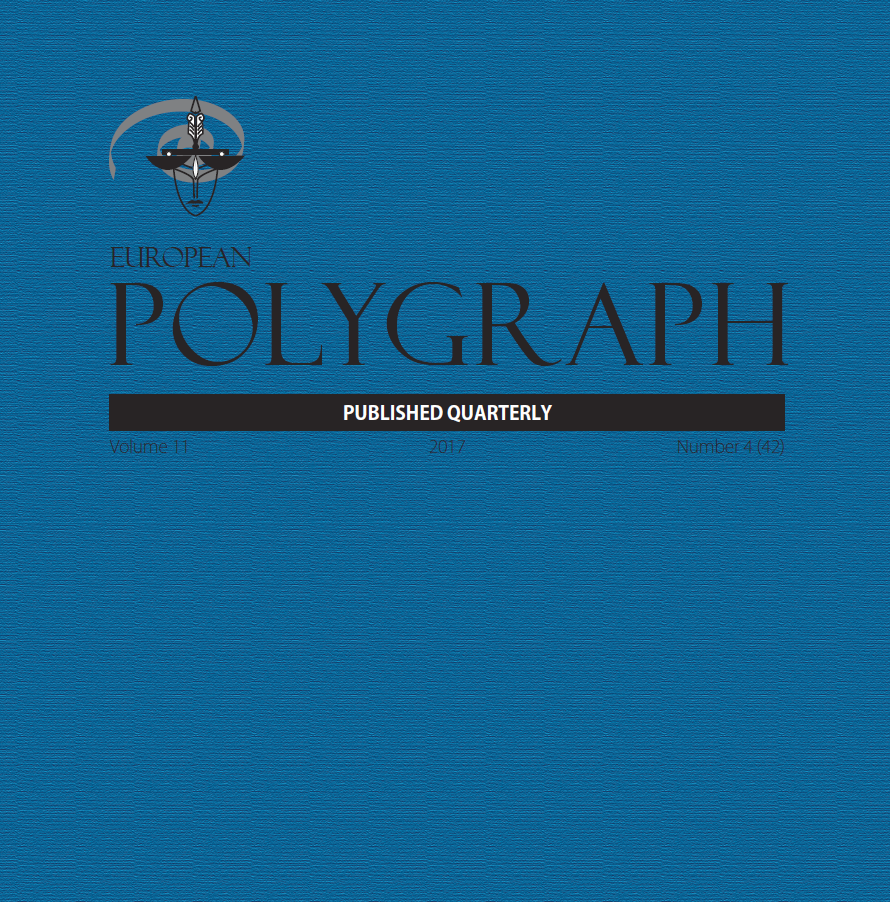Author(s): Chiedozie Ojimba,Ehinor E. Isidahome,Nkolika Odenigbo,Osaretin D. Umudi,Olaniyi Olayinka / Language(s): English
Issue: 5/2019
Catatonia is a complex neuropsychiatric syndrome that is often associated with psychiatric, neurological and/or medical conditions. In order to make a diagnosis of catatonia, the clinical picture must be dominated by three or more of the following symptoms; cataplexy, waxy flexibility, stupor, agitation, mutism, negativism, posturing, mannerisms, stereotypies, grimacing, echolalia, and echopraxia. We present a case of a 58-year-old female with no prior psychiatric history who presented to the psychiatric emergency room with a threeweek history of feeling depressed, anhedonic, hopeless, helpless, and worthless, associated with poor sleep, poor concentration, low energy, significant weight loss due to lack of appetite, and suicidal ideations after she saw her ex-boyfriend holding hands with another woman. Patient exhibited symptoms such as mutism, hyperextension of spine, clinching of jaw, psychomotor retardation which suggested probable diagnosis of catatonia at the background of major depressive disorder nonresponding to treatment. This case report demonstrates the need for a high index of suspicion and early screening for catatonia in psychiatric patients given the high morbidity and mortality that is associated with this condition if delayed or undiagnosed.
More...













